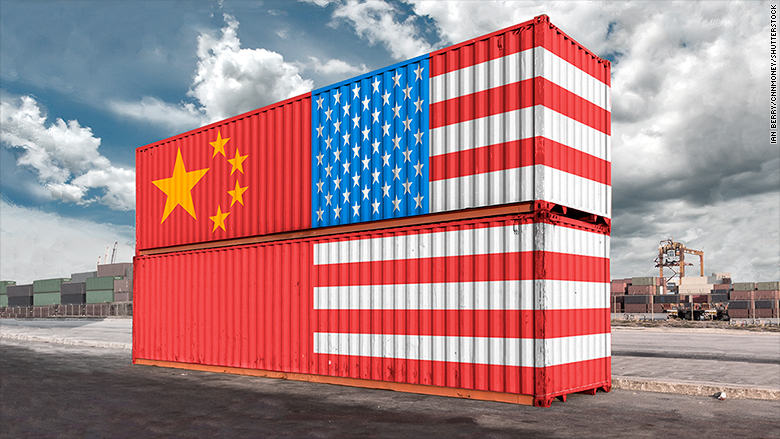Questioning the UN’s Role in Maintaining Global Stability
It is concerning that America and various countries of Europe – nations that emerged as leaders of the world order following World War II – are now rushing down a self-centered path, rocked by the wave of reactionary politics. As supporters of global security and stability, what role can the U.N. play in all this? That is the question.
President-elect Donald Trump's unpredictable stance on diplomacy is one source of concern.
Hasn't America prioritized its own interests, preferred making direct dealings with fellow major powers and ignored multinational agreements and accords made at the U.N? The U.N. has devoted time to the fields of environmentalism, development, and human rights. Aren't the fruits of its labor being undermined? Isn't there a risk of international agreements and norms skewing toward unilateralism? The list of questions goes on and on.
Trump has expressed intentions to withdraw from the Paris Treaty, an international agreement made under the auspices of the United Nations. This would have an enormous impact. From North Korea's nuclear program to the Syrian civil war, the U.N. faces a mountain of issues. Unless America behaves responsibly and stands up to face these challenges, the U.N. will not function.
In order to participate constructively, each member nation will need to appeal to the incoming Trump administration. The U.N. has more than a few limits and weaknesses, but there exists no structure to replace it. I want to have hope in the new secretary-general's leadership.
Dec. 18 marks Japan's 60th year in the United Nations. It joined in 1956, after mending ties with the Soviet Union (now Russia). Japan can be proud that it has been voted into the U.N. Security Council more than any other nation, and that its financial donations to the U.N. are second only to America.
Japan is permitted to deploy its Self Defense Forces in peacekeeping operations – another step toward emphasizing Japan's contributions to the cause.
However, Japan's presence and influential voice are still sorely lacking. For example, the number of Japanese personnel working for the U.N. is far below the desirable level. The challenge lies in creating the kind of favorable environment and attitude necessary to create actively participating personnel.
I also want Japan to make progress in Security Council reforms that expand its role in the United Nations. Then, Japan must present a convincing plan that shows just how important it is. The goal: having the power to construct and propel great visions of diplomacy.

